Mohamed A. El-Erian

The Western-led global economic order had a bad 2023. Surprisingly, the primary cause was not the emergence of an alternative order led by China, as some had anticipated. Instead, it was internal stress that led to more doubts around the world about its effectiveness and legitimacy.
But a new international order is unlikely to emerge anytime soon. Instead, as more and more countries decide to self-insure by building alternatives to the Western-led order, the global economy risks increasing fragmentation, eroding America’s leadership role and accelerating a system-wide shift toward disorder.
To be sure, doubts about the Western-led economic order began long before 2023. Over just the past 15 years, its credibility and smooth functioning have been undermined by policy missteps that resulted in a series of disruptions. These include the 2008 global financial crisis, the growing weaponization of trade and investment sanctions, the unequal distribution of COVID-19 vaccines, central banks’ mischaracterization of inflation as “transitory,” and the consequences of the banks’ aggressive interest-rate hikes.
The multilateral system has been further undermined by its inability to tackle urgent global challenges such as climate change and overwhelming debt in the Global South. As these pressures intensify, Western-dominated institutions are increasingly viewed as ineffective and insufficiently inclusive.
Two developments, in particular, have fueled widespread frustration with the Western-led order this year. First, as is now widely documented, Russia has managed to maintain active trading relationships despite ostensibly suffocating sanctions, which restricted the country’s ability to use the SWIFT international payment system and capped the price of its oil exports. Although the ad hoc trade and payment schemes devised by Russian technocrats are far from cost-effective, they have enabled Russia to minimize the damage to its domestic economy and finance its war effort in Ukraine.
Moreover, in its efforts to circumvent Western sanctions, Russia has received support from a growing (albeit still relatively small) group of countries. The limited success of the sanctions regime has eroded the belief that countries around the world have no choice but to be part of the Western-led economic order.
Second, America’s role in the ongoing war between Israel and Hamas has, for many countries, exposed the hollowness of the West’s stated commitment to upholding basic human rights and their inconsistent compliance with international law.
During my recent travels, I met many individuals who reiterated UN Secretary-General António Guterres’s stark warnings about the lack of protections for non-combatants in Gaza, the collapse of Gaza’s health system, the record death toll among United Nations’ humanitarian staff, and the imminent threats of widespread starvation, disease, civil disorder, and another mass displacement of civilians.
As US President Joe Biden recently acknowledged, millions of people around the world now believe that Israel’s response to Hamas’s mass murder of Israeli citizens on October 7 has gone too far, with Israel losing international support. At the most recent UN General Assembly vote on a ceasefire, 153 countries voted in favor and only ten against, with 23 abstentions.
A growing number of countries have lamented the impunity with which Israel has been allowed to ignore international law and bomb civilians, including thousands of women and children. Many are horrified by the warnings of Philippe Lazzarini, Commissioner-General of the UN Relief and Works Agency for Palestine Refugees in the Near East, who has repeatedly described the current state of Gaza as “hell on Earth.”
As the humanitarian crisis in Gaza continues to escalate, several countries have expressed concern that the US, by failing to restrain its closest ally, is inadvertently enabling it. The Biden administration’s decision to bypass Congress to deliver more military aid to Israel, just one day after the US vetoed a UN Security Council resolution calling for a humanitarian ceasefire in Gaza, has reinforced that perception.
Regardless of one’s position on these developments, they have called into question the effectiveness and legitimacy of the Western-led international order and risk accelerating the ongoing transition from a unipolar to a multipolar global economy. As middle powers increasingly assert themselves on the world stage, they will encourage smaller Western-aligned countries to contemplate the prospect of becoming “swing states.”
Western powers must confront this threat head-on. While undoing the damage that has already been done will take time, political leaders should focus on mitigating the risk of further fragmentation and forestall a rapid descent into international disorder by strengthening the existing multilateral architecture. This effort should start by reinvigorating previous reform initiatives within key institutions, starting with the International Monetary Fund and the World Bank. The primary focus should be on voice and representation, dismantling outdated appointment processes that benefit Western interests, and modernizing operational procedures.

These reforms are crucial to the Western-led order that has served the world well since the end of World War II. Should the current international framework be allowed to fail, it will not be replaced by a new system anchored by China but by more global disorder. Such an outcome would hurt everyone in the short term. It would also inhibit our collective ability to tackle the complex and growing long-term challenges we face.
Copyright: Project Syndicate
-- Contact us at english@hkej.com

MOHAMED A. EL-ERIAN
Chief Economic Adviser at Allianz and a member of its International Executive Committee, is Chairman of President Barack Obama’s Global Development Council. He previously served as CEO and co-Chief Investment Officer of PIMCO.




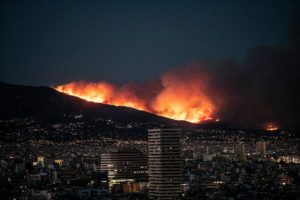
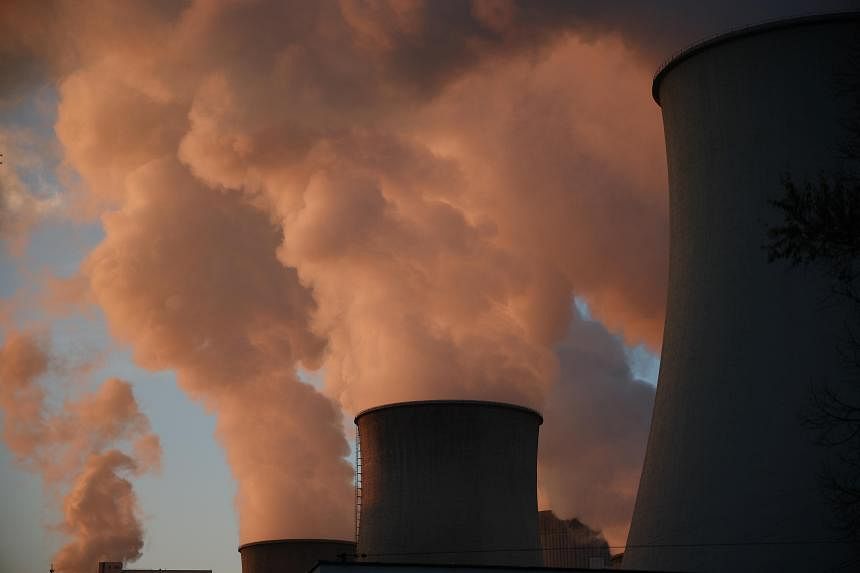
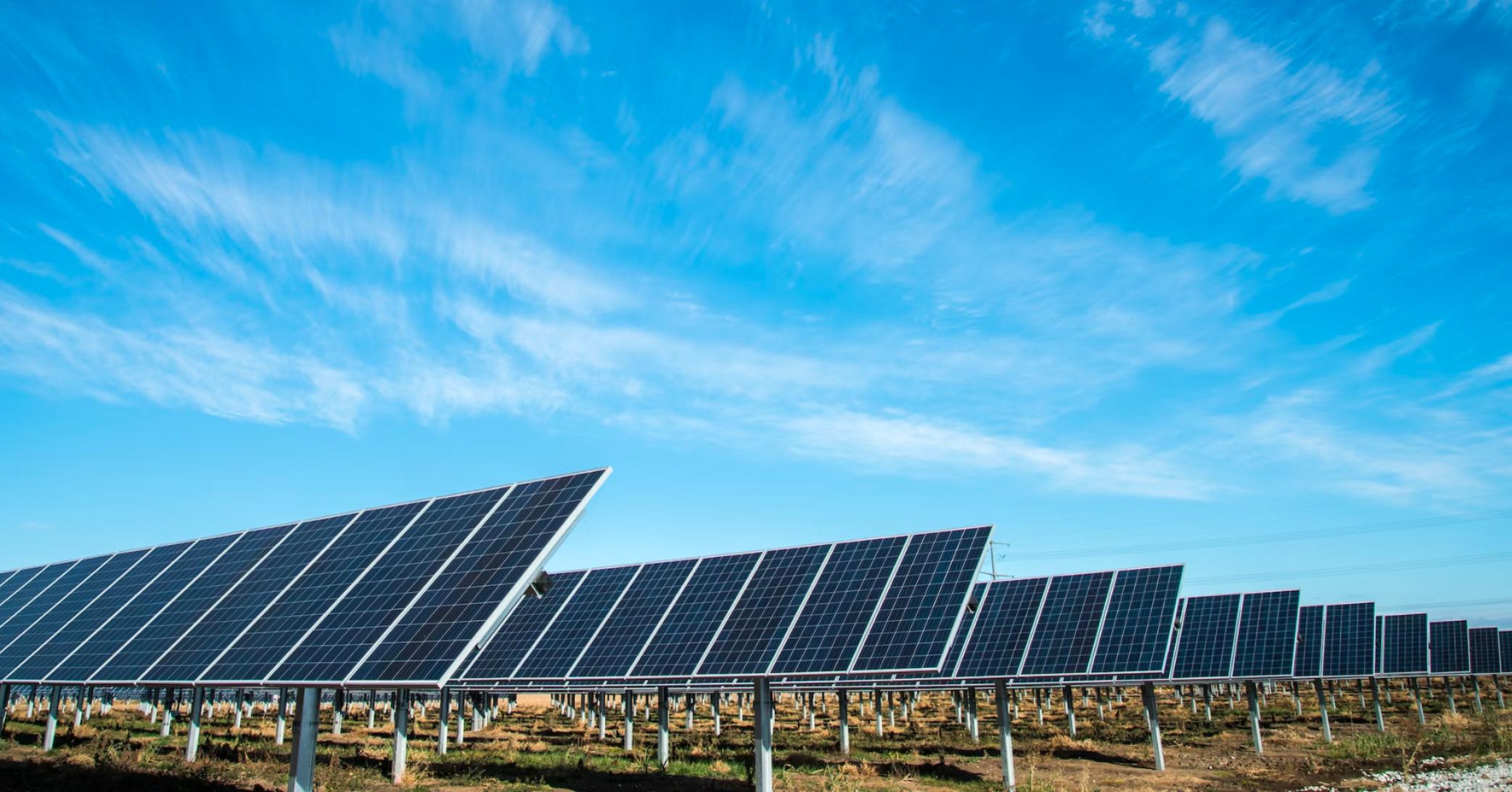
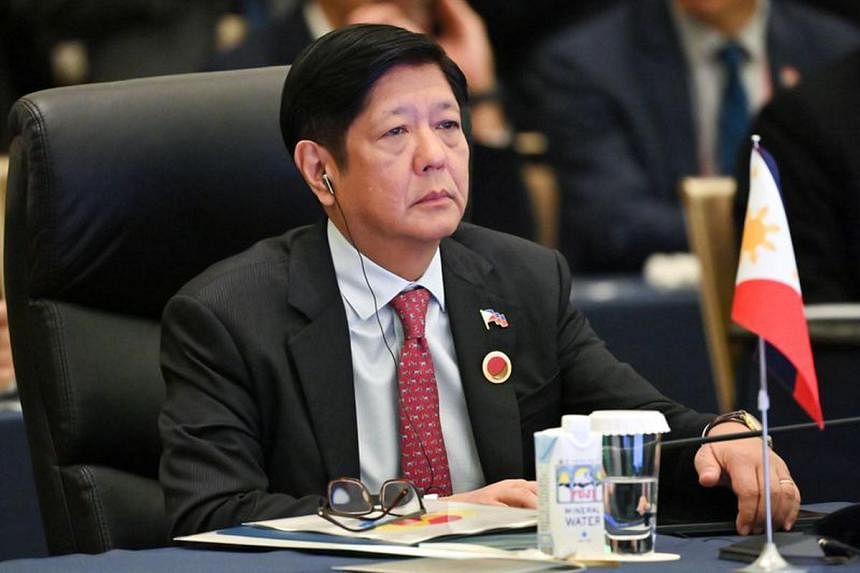
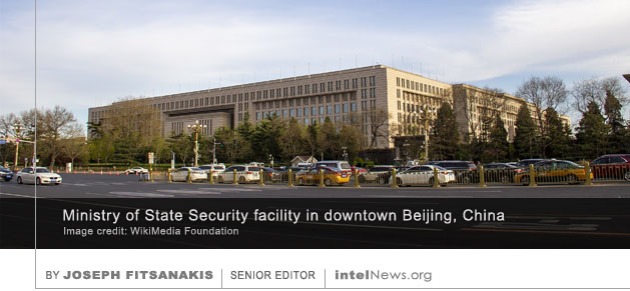 A LONGTIME BELGIAN POLITICIAN worked as a spy for Chinese intelligence for at least three years, according to a joint investigation by a consortium of European news media. Until last week, the politician, Frank Creyelman, 62, was a leading member of Vlaams Belang, a far-right separatist party that draws nearly the entirety of its support from northern Belgium’s Dutch-speaking Flemish regions. In addition to seeking to separate Flanders from Belgium, Vlaams Belang opposes immigration and multiculturalism, with much of its criticism directed at Islam.
A LONGTIME BELGIAN POLITICIAN worked as a spy for Chinese intelligence for at least three years, according to a joint investigation by a consortium of European news media. Until last week, the politician, Frank Creyelman, 62, was a leading member of Vlaams Belang, a far-right separatist party that draws nearly the entirety of its support from northern Belgium’s Dutch-speaking Flemish regions. In addition to seeking to separate Flanders from Belgium, Vlaams Belang opposes immigration and multiculturalism, with much of its criticism directed at Islam. LAST WEEK THE UNITED States Department of Justice announced the arrest of Victor Manuel Rocha, 73, a former senior American diplomat, whose career included stints as ambassador and advisor to the National Security Council and the United States Southern Command. Cuban intelligence allegedly recruited Rocha when he was a student in the 1970s and inspired him to spend his entire professional life in search of opportunities to supply intelligence to Cuba —and possibly Russia and China. United States Attorney General Merrick Garland
LAST WEEK THE UNITED States Department of Justice announced the arrest of Victor Manuel Rocha, 73, a former senior American diplomat, whose career included stints as ambassador and advisor to the National Security Council and the United States Southern Command. Cuban intelligence allegedly recruited Rocha when he was a student in the 1970s and inspired him to spend his entire professional life in search of opportunities to supply intelligence to Cuba —and possibly Russia and China. United States Attorney General Merrick Garland  principal officer in the United States Interests Section in Cuba —effectively the second-in-command in Washington’s de facto embassy in Havana.
principal officer in the United States Interests Section in Cuba —effectively the second-in-command in Washington’s de facto embassy in Havana.
:quality(70)/cloudfront-eu-central-1.images.arcpublishing.com/thenational/BH5HNTSTELWLP33JIOCYFKFEXU.jpg)
:quality(70)/cloudfront-eu-central-1.images.arcpublishing.com/thenational/IVO3WLFFES7IUJUJS5GNJJ3SFY.jpg)